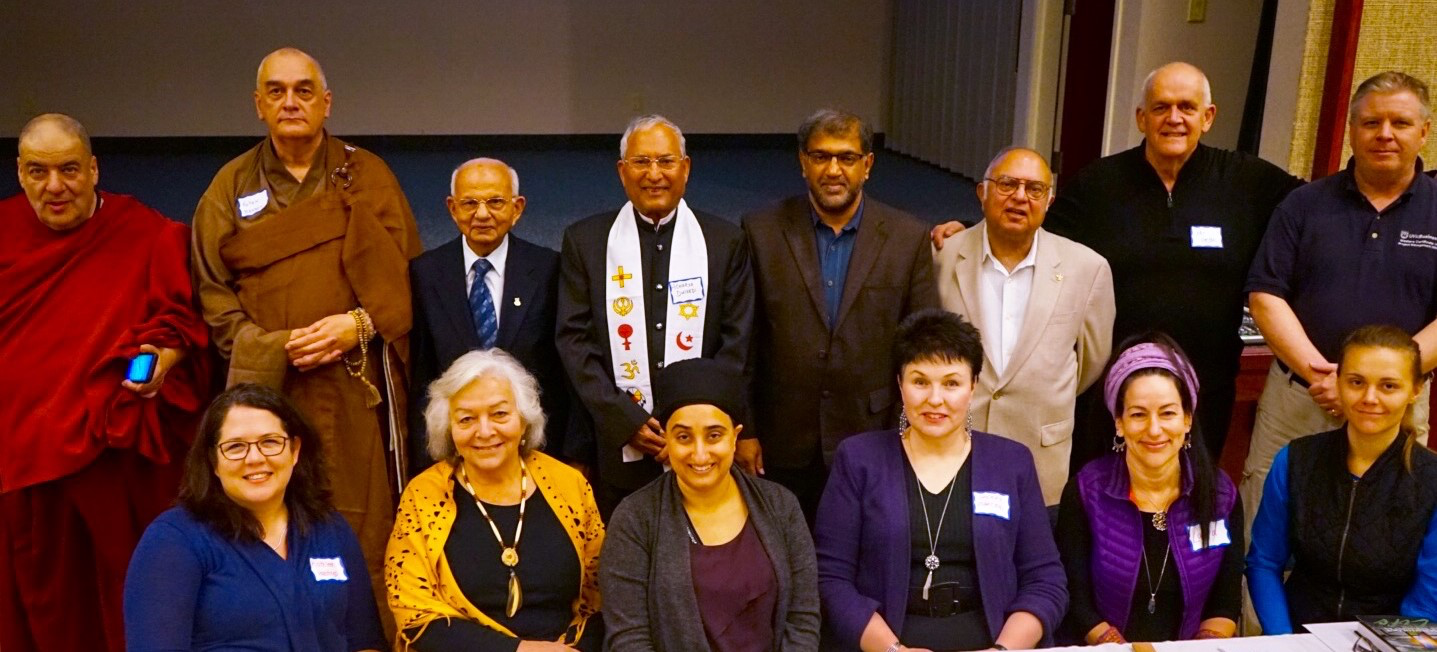I’ve always thought that Judaism best expresses the essence of all religions.
Spoiler alert: I may have been wrong. But, hear me out.
Recently, a kind, Christian woman reached out to me. “Our religions are so close in spirit. We both want the same thing, don’t we?” she said. “All religions do. The Kingdom of God on earth. And the Messiah. A divine messenger who will establish the Kingdom. Yes?”
Of course, I responded kindly. But my thoughts were angry. No. No, I thought. Sure, we long for a Messiah. But is Messianic hope the essence of our religion? No, I didn’t think so. (I still don’t.) God’s universal presence, God’s unity, that’s the essence of my religion.
As a Jewish child, I learned that God is One. Just as the Shema prayer says. Also, my teachers said, one day, all religions will agree. We’ll understand that we all worship that same God. We just call that God by many different names. Just like it says in the last line of the Aleynu prayer.
These two prayers, the Shema and Aleynu, became basic building blocks of my religious thinking. But now I see they were blocks of a different kind. They blocked me from learning about other religious traditions. After all, weren’t they all just versions of mine?
And then my Christian acquaintance shared her view. All religions, she thought, were just a version of mine. She was wrong. Maybe I was too. And maybe it was time for me to learn something about other traditions.
So, I started at the beginning. Literally. I read the opening lines of the Christian New Testament and the Islamic Quran. With the help of learned commentaries, of course. By respected scholars in those traditions. Then, I compared them with the opening lines of the Torah.
Torah begins with the creation story. God, it suggests, exists beyond time, before creation. Heaven and earth exist in time; in fact, planetary movements mark time. (Genesis 1:1-5). Still, they are infused with Divine Presence. Exactly as my teachers said: my job is to become aware of God’s universal presence.
The New Testament begins with a genealogy of Jesus. It lists forty-seven specific ancestors of Jesus, “who is called the Messiah” (Matthew 1:1-17). Through Israel’s prophets, the text implies. God promised a Messiah. And God fulfilled that promise. How? Through history, the ordinary living of human life. That’s how my Christian acquaintance thought I understood life. As a play of events designed specifically to lead us towards Messianic time.
The Qur’an begins with a poetic hymn of praise. With justice, it says, God has set out for us a strict ethical path. With compassion, God has shown us how to follow it. God has filled the world with positive and negative role models. We ask for the spiritual guidance to follow the right ones. One day, God will judge our choices (Qur’an, Sura 1). It seems the world is an ethical learning lab, maintained by God for human benefit. We’re developing under God’s watchful eye. That’s how we should feel into the reality of life.
Of course, the three religious traditions overlap. But they are not the same. Each emphasizes a different key to spirituality. It would be wrong to claim all are versions of Judaism – or any of the three. Especially if that claim makes us believe don’t need to learn!


